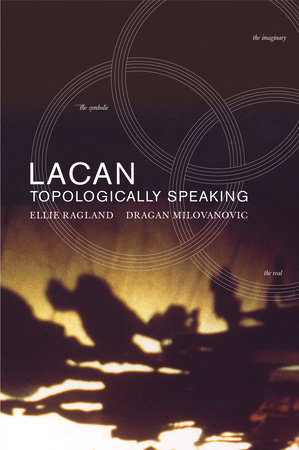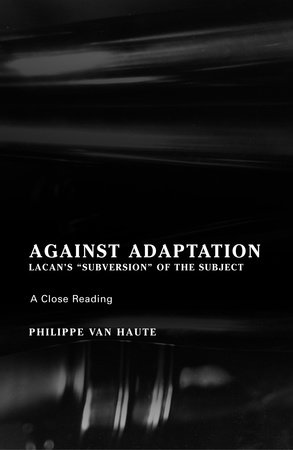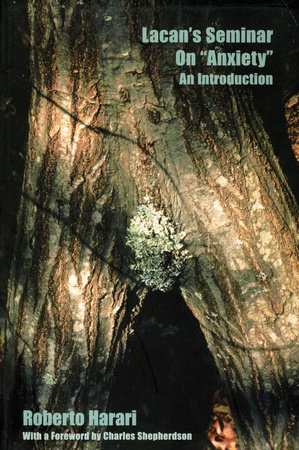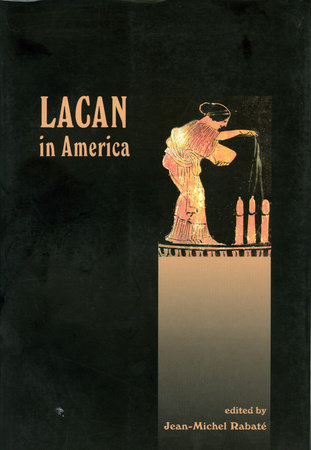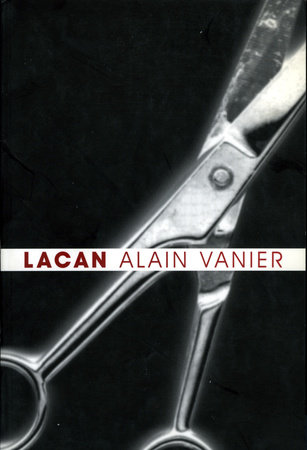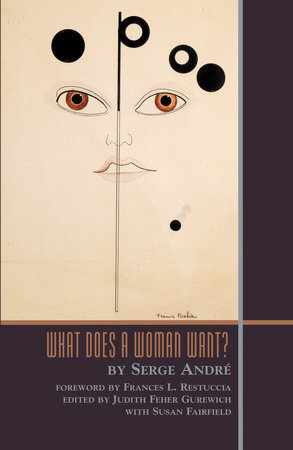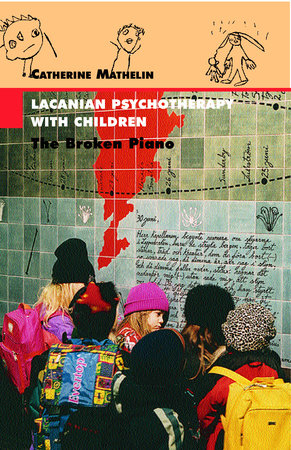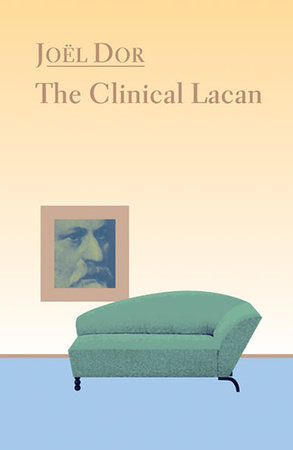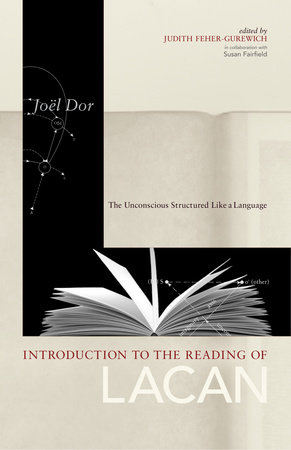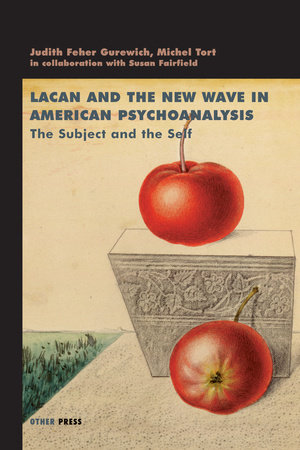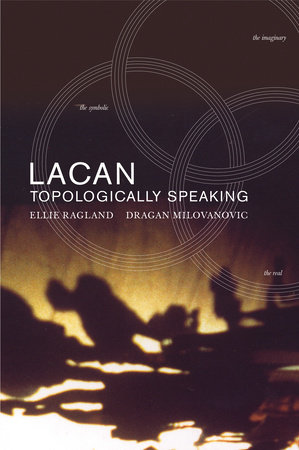
Lacan: Topologically Speaking
Ellie Ragland
Ebook
September 8, 2020 | ISBN 9781635421101
AmazonApple BooksBarnes & NobleBooks A MillionGoogle Play StoreKobo
Paperback
August 17, 2004 | ISBN 9781892746764
AmazonBarnes & NobleBooks A MillionBookshop.orgHudson BooksellersPowell'sTargetWalmart
About the Book
Lacanian topology answers questions of post-structuralism while revealing the flaws in its theories. It also advances a 21st-century teaching that obviates symbolic logic and its positivistic assumptions. Applications are made to the clinic, to literature, and to the social sciences.
The authors collected here include world renowned Lacanian topologists such as Jacques-Alain Miller, Jeanne Lafont, Jean-Paul Gilson, Pierre Skriabine, Juan-David Nasio, Jean-Michel Vappereau, and several new theorists from the United States and Europe.


